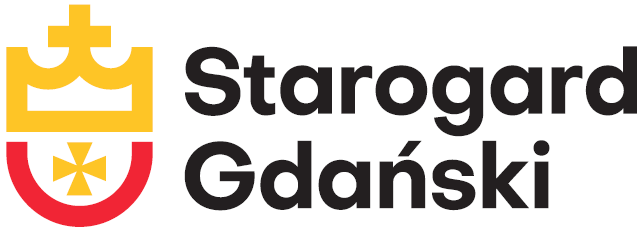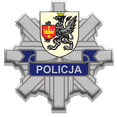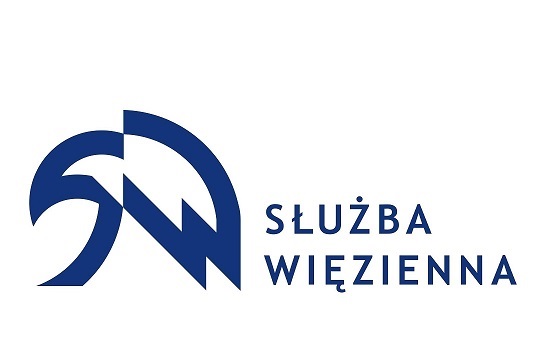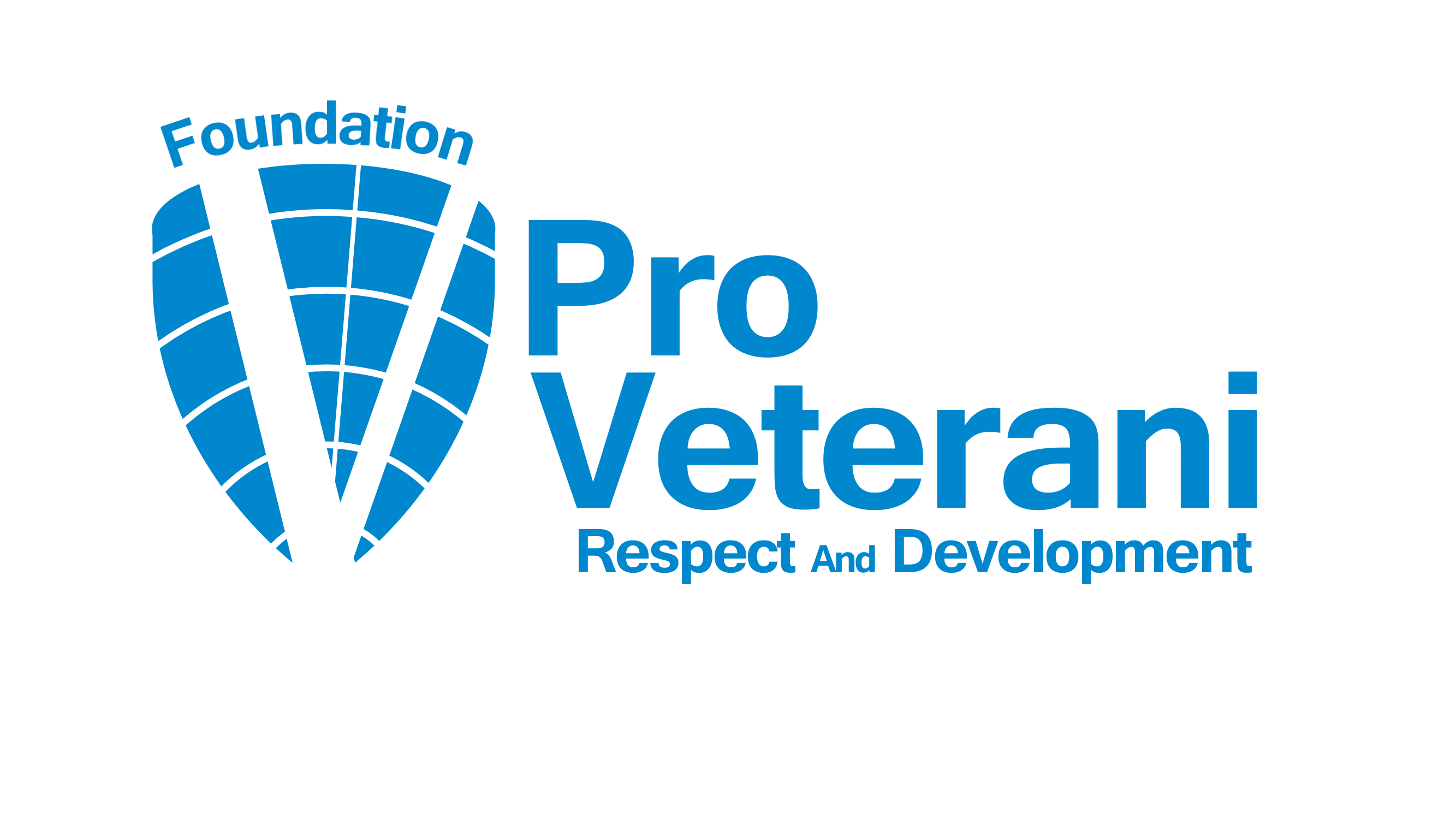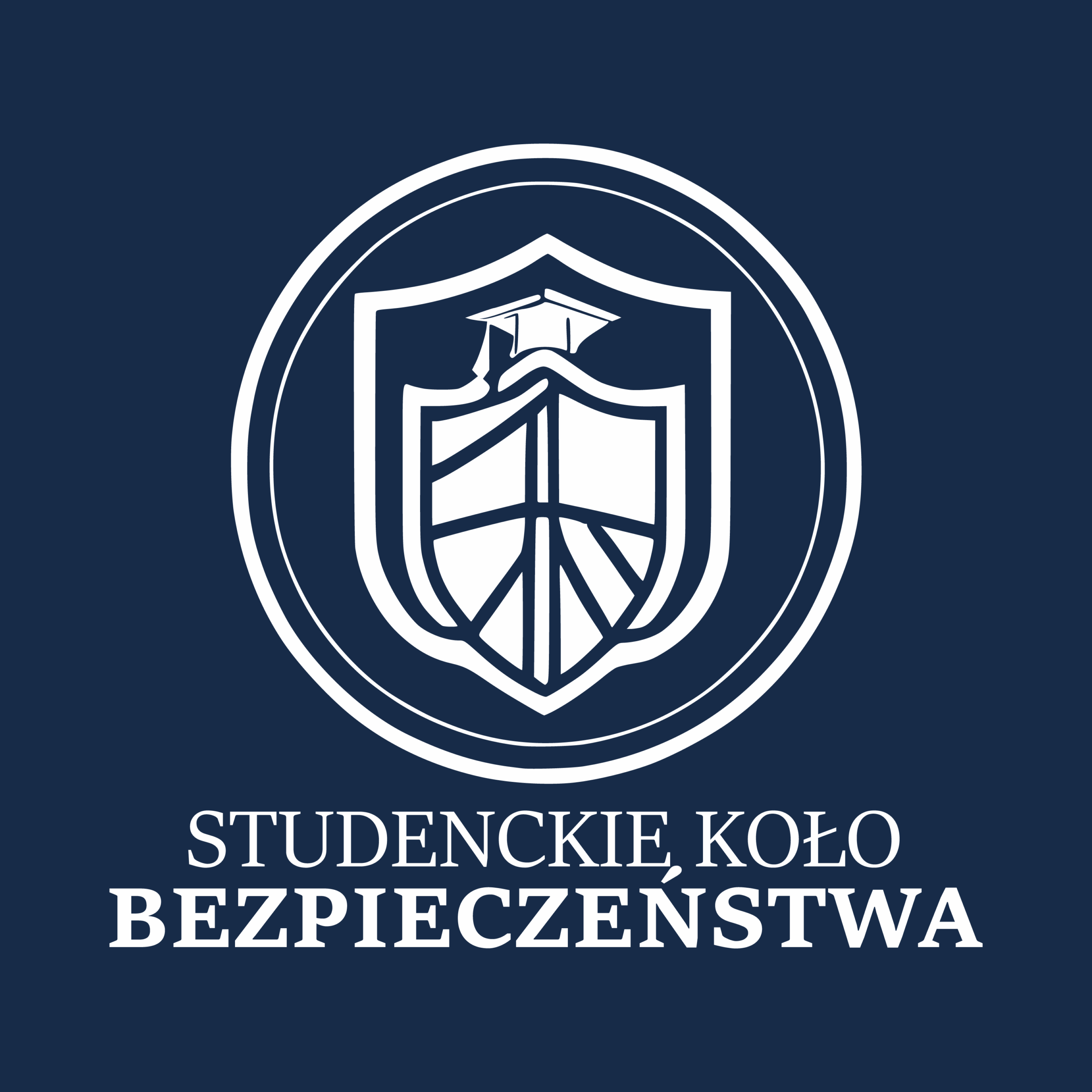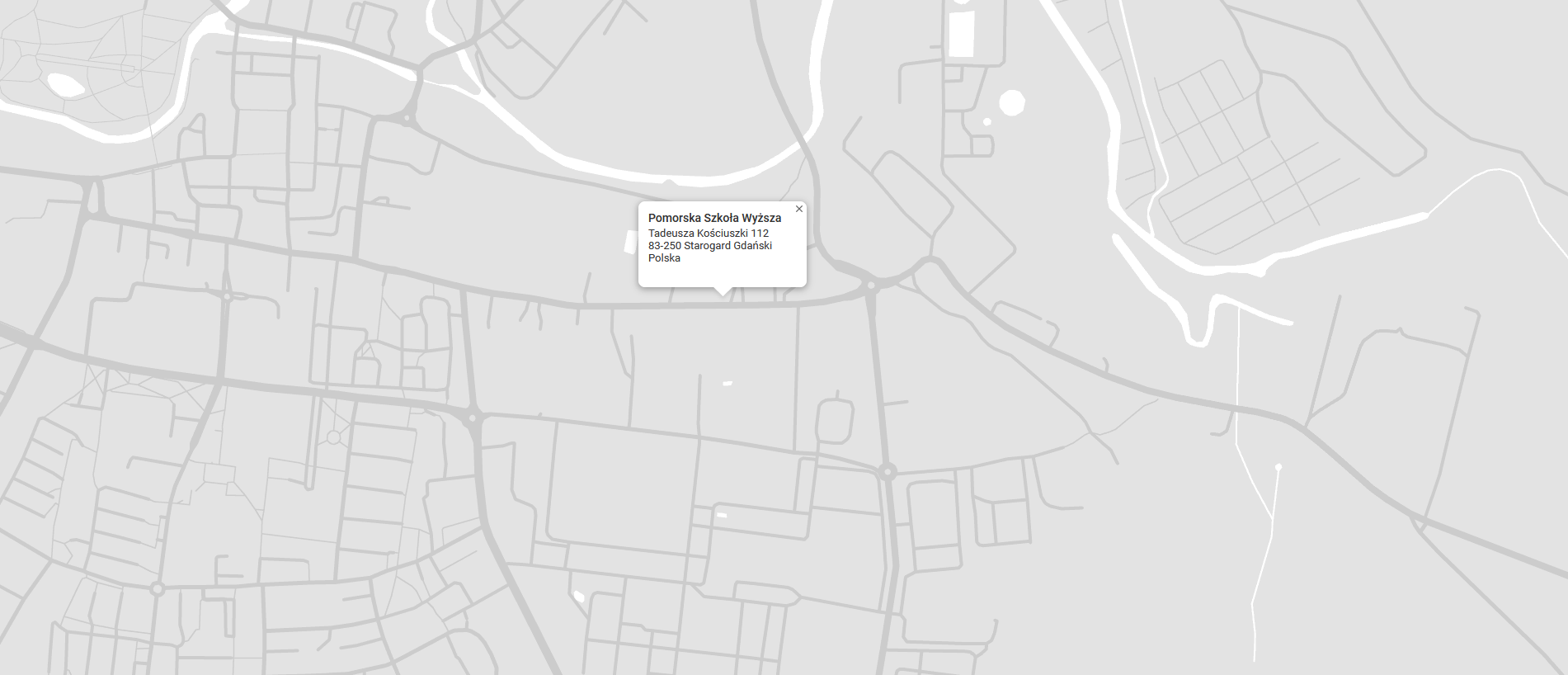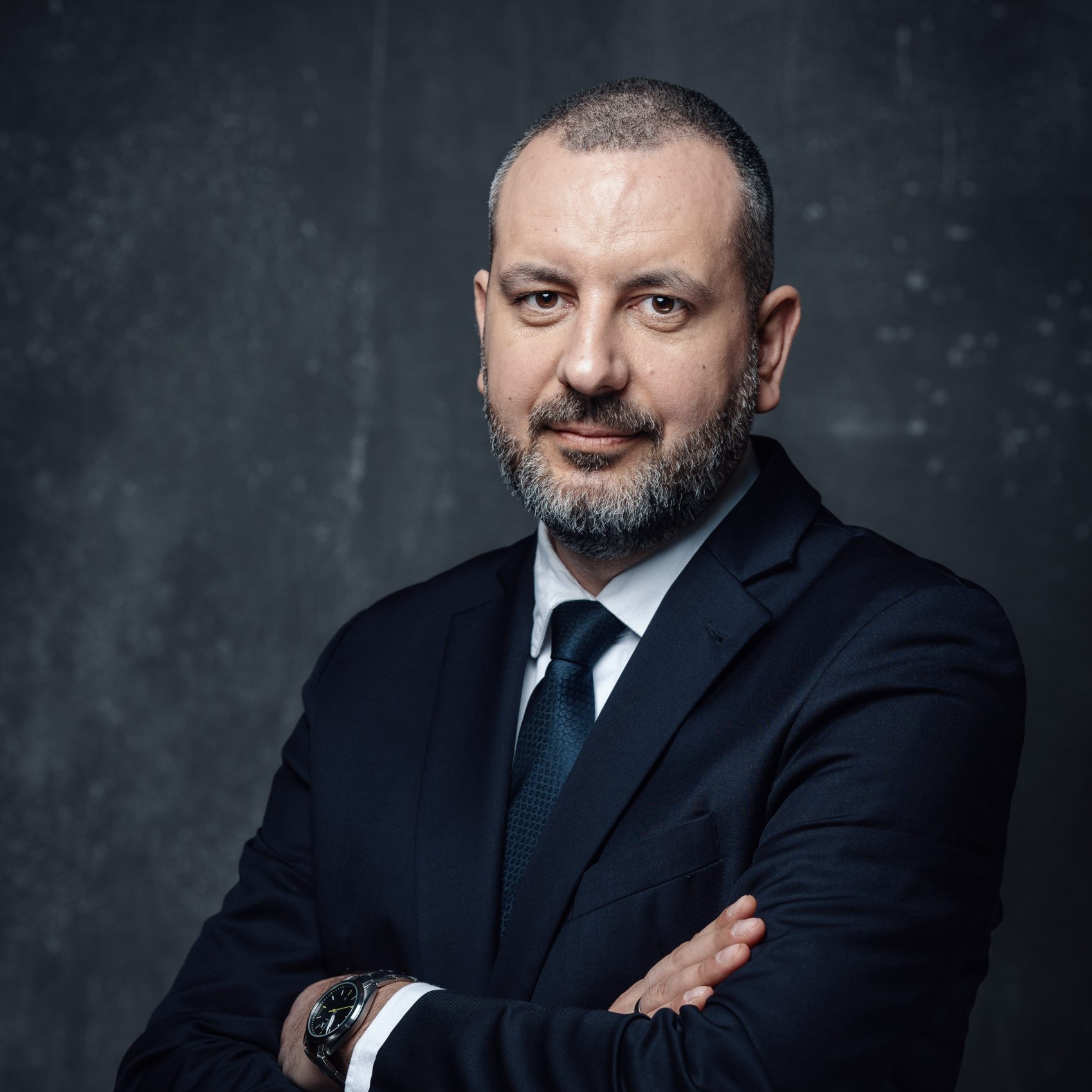
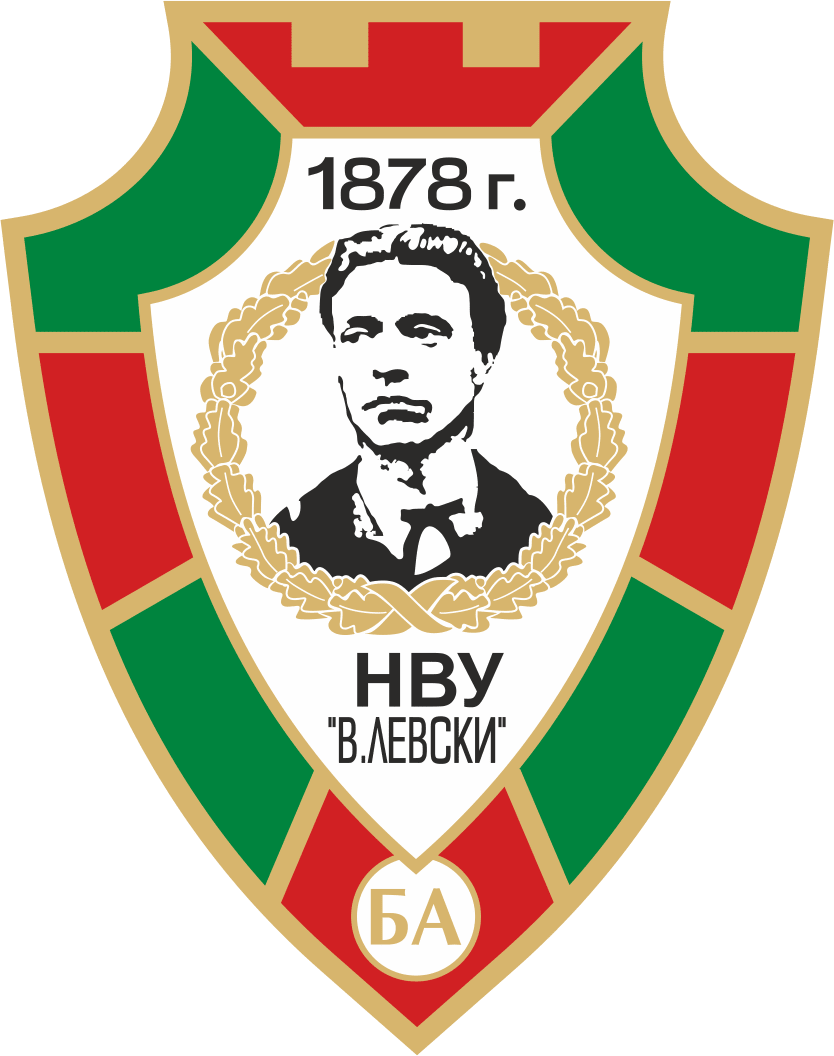
Contemporary security threats to the state are characterized by diversity, unpredictability, suddenness, multidimensionality, variability, ambiguity, and mutual interpenetration, affecting almost all areas of the state's and society's functioning. To counteract these threats, which undermine values, needs, interests, and objectives in the field of security, states create security systems based on all available forces, means, and resources, typically proportional to the scale of the threats. Given both military and non-military security threats, as well as the wide range of forces and means used to counteract them, key elements of these evolving security systems include uniform legal conditions, operational procedures, coordination principles, and cooperation organization. At the same time, to ensure effective counteraction to these threats, the continuous improvement of the functioning of all entities forming these security systems is essential.
Every state adapts its security systems not only to contemporary security threats and challenges but also to other conditions within its security environment. In the case of Poland, the national security system is distinguished, consisting of the national security management system (subsystem) and executive systems (subsystems). These include: the defense system, crisis management system, constitutional order protection system, civil protection system, public security and order protection system, state border protection system, flood and fire protection system, and cybersecurity system. The national security system comprises all forces and resources designated for counteracting threats to the state, which are appropriately organized, prepared, and maintained, performing their tasks in all states of the country's functioning—during peacetime, crises, and states of emergency. A crucial, or perhaps even key, element of the national security system is the Armed Forces of the Republic of Poland and public administration.
The Armed Forces of the Republic of Poland safeguard the sovereignty and independence of the state as well as its security and peace. They are a hierarchical, uniformed armed formation, constituting an organizationally distinct part of the national defense system. The Armed Forces of the Republic of Poland are obligated to maintain readiness to carry out three types of missions: ensuring the defense of the state and countering aggression, participating in the process of stabilizing the international situation and in crisis response and humanitarian operations, and supporting internal security and assisting society. As part of these missions, the Armed Forces of the Republic of Poland should maintain readiness, among other things, to perform tasks related to the defense and protection of the inviolability of Poland’s borders, participation in a defensive operation outside the country under Article 5 of the North Atlantic Treaty, participation in peacekeeping and stabilization operations conducted by NATO, the EU, the UN, and other operations arising from international agreements. Moreover, they should maintain readiness to carry out tasks such as protecting airspace and supporting the protection of land borders and territorial waters, conducting reconnaissance and intelligence activities, monitoring radioactive, chemical, and biological contamination within the country, clearing areas of explosive materials, and assisting public administration in responding to internal security threats.
Public administration, more precisely the public authorities and heads of organizational units responsible for national security tasks, along with the administrative apparatus, operational procedures, and the relevant command infrastructure, constitute a key element of the national security management system (subsystem). They ensure the continuity of decision-making and the coordination of actions aimed at maintaining and restoring national security in all possible states and circumstances of the country's functioning, while also overseeing the operation of executive subsystems. They carry out tasks such as monitoring threats, taking into account their scale, type, and location; preventing threats from emerging, both within the country and beyond its borders; counteracting and mitigating the consequences of threats when prevention fails; and managing national defense in the event of direct military aggression.
Considering these aspects, Pomeranian Higher School in Starogard Gdanski, in cooperation with the Lviv Polytechnic University (Ukraine), and the National Military University in Veliko Tarnovo (Bulgaria), is organizing the 2nd International Scientific Conference - "Security of the Modern State: Armed Forces and Administration in Ensuring State Security."
The objective of the conference is to exchange experiences and present research findings from representatives of academic circles and entities responsible for state security, particularly the armed forces and administration, in relation to current state security issues. Additionally, the conference aims to enhance cooperation between universities and institutions responsible for state security. The specific objectives of the conference include stimulating an interdisciplinary debate on the international and national security environment, which is shaped by contemporary and future military and non-military (both public and widespread) threats affecting state security. Moreover, the conference seeks to identify the needs and possibilities for cooperation among entities responsible for shaping security, particularly public administration and the armed forces, as well as to facilitate the exchange of experiences, solutions, and perspectives. Another key goal is to foster the integration of the academic community in addressing state security challenges.
08:30 - 09:00 - Participant registration
09:00 - 09:10 - Welcome of guests and presentation of the conference proceedings and organization - Chairman of the Organizing Committee (in-person)
09:10 - 09:20 - Official opening of the conference - Rector of Pomeranian Higher School in Starogard Gdański/Director of IBiA (in-person)
09:20 - 09:40 - Militarization of Security - War as a Social Phenomenon - Brig. Gen. (ret.) Tadeusz Szczurek, PhD, DSc, Prof., Pomeranian Higher School in Starogard Gdański, Starogard Gdański, Poland (in-person)
09:40 - 10:00 - Evaluating Role of India in the Shifting Geopolitics - Dhananjay Tripathi, PhD, South Asian University, New Delhi, India (online)
10:00 - 10:20 - The Role of the State in Defining the Tasks of the Armed Forces - Col. Sławomir Walenczykowski, Head of the P4 SG WP Management Board, Poland (in-person)
10:20 - 10:40 - The Russian Factor as a threat to international and national security - Vasyl Pasichnyk, PhD, DSc, Prof., Lviv Polytechnic National University, Lviv, Ukraine (online)
10:40 - 11:00 - The Polish Navy in the National Security System from its Establishment to Joining NATO - Cmdr (ret.) Jerzy Będźmirowski, PhD, DSc, Prof., Polish Naval Academy, Gdynia, Poland (in-person)
11:00 - 11:20 - Presentation of Vasil Levski National Military University of Bulgaria - Prof. Elitsa Petrova, Vasil Levski National Military University of Bulgaria (online)
11:20 - 11:40 - Discussion
11:40 - 12:00 - Coffee Break
12:00 - 12:20 - Logistics in Modern Armed Conflict - Col. Jacek Kafka, BE, MA, Commander of the 4th Logistics Brigade, Poland (in-person)
12:20 - 12:40 - The Construct of Megatrends in Security in the Face of Artificial Intelligence - An Example of the Dynamics of Changes in the Security Environment - Mateusz Ziętarski, Pomeranian Higher School in Starogard Gdański, Starogard Gdański, Poland (in-person)
12:40 - 13:00 - Critical Thinking as the Basis of Information Security and State Sovereignty in Wartime: Technological Aspect - Viktoriia Stepanenko, PhD, DSc, Prof., Lesya Ukrainka Volyn National University, Lutsk, Ukraine (online)
13:00 - 13:20 - Security of the Republic of Poland in the Era of the Migration Crisis on the Eastern Border – Analysis of Experiences from 2021-2025 - Karol Kaczanowicz, PhD, Polish Border Guard, Poland (in-person)
13:20 - 13:40 - The Impact of Mental Health on the Professional Activity of Military Personnel - Nataliia Nesterchuk, PhD, DSc, Prof., The National University of Water and Environmental Engineering, Rivne, Ukraine (online)
13:40 - 14:00 - Potential of Crisis Threats of the Baltic States. Conclusions from Conducted Research - Oleg Miętki, BE, PhD, Pomeranian Higher School in Starogard Gdański, Starogard Gdański, Poland (in-person)
14:00 - 14:20 - Discussion
12:00 - 12:15 - Self-defense and Civil Defense of the Population During Armed Conflict - Rafał Depczyński, PhD, Pomeranian Higher School in Starogard Gdański, Starogard Gdański, Poland and Irena Malinowska, PhD, Higher School of Professional Education in Wrocław, Wrocław, Poland (in-person)
12:15 - 12:30 - The Role of Non-Governmental Organizations in Ensuring the Security of the Local Community During a Hybrid Conflict Crisis - Anna Janus, PhD, and Andrzej Michalik, PhD, Pomeranian Higher School in Starogard Gdański, Starogard Gdański, Poland (in-person)
12:30 - 12:50 - Artificial Intelligence and Disinformation – Who Sets the Standards of Truth During Hybrid Warfare? - Aleksandra Pasieczna-Dixit, PhD, Marcin Kościelniak, PhD, and Aleksander Koźmiński, PhD, Pomeranian Higher School in Starogard Gdański, Starogard Gdański, Poland (in-person)
12:50 - 13:10 - The Impact of the Refugee Crisis on the Stability of State Institutions on the Example of the Republic of Lebanon - Radosław Turczyński, MA, Military University of Land Forces, Wrocław, Poland (in-person)
13:10 - 13:30 - The Role of Defense Education in Preparing the State for Armed Conflict - Ewa Tomaszewska, MA, Pomeranian Higher School in Starogard Gdański, Starogard Gdański, Poland and Aleksandra Siewert, MA, Higher School of Professional Education in Wrocław, Wrocław, Poland (in-person)
13:30 - 13:45 - The Problem of Perception of Time in Cyberspace: Psychosocial Aspect of Analysis - Natalia Lymar, PhD, University of Security in Poznań, Poznań, Poland (in-person)
13:45 - 14:00 - Legal conditions for the creation of social cooperatives of legal persons with the participation of local government and the third sector in Poland - Andrzej Michalik, PhD, Pomeranian Higher School in Starogard Gdański, Starogard Gdański, Poland (in-person)
14:00 - 14:20 - Discussion
12:00 - 12:20 - Physical Training System Using Martial Arts for Contract Soldiers and OTK Soldiers as a Guarantee of Country Security - Bogdan Kindzer, PhD, DSc, Prof., Lviv State University of Physical Culture, Lviv, Ukraine (online)
12:20 - 12:40 - Security of Production and Distribution of Medicines – Legal and Medical Remarks on Security - Natalia Wąsik, PhD, Higher School of Professional Education in Wrocław, Wrocław, Poland (in-person)
12:40 - 13:00 - Manufacturing and Trade of Medical Devices in Poland and the EU – Considerations in the Context of Health Sector Security - Damian Wąsik, PhD, Higher School of Professional Education in Wrocław, Wrocław, Poland (in-person)
13:00 - 13:20 - Physiotherapy for Military Personnel - Igor Grygus, Prof. MD, The National University of Water and Environmental Engineering, Rivne, Ukraine (online)
13:20 - 13:40 - Contemporary World Water Rescue - Science - Nataliia Tsyhanovska, MA, Kharkiv State Academy of Culture, Kharkiv, Ukraine (online)
13:40 - 14:00 - Contemporary World Water Rescue - Security - Dariusz W. Skalski, BE, PhD, DSc, Assoc. Prof., National University of Water and Environmental Engineering, Rivne, Ukraine (in-person)
14:00 - 14:20 - Discussion
14:20 - 14:40
Chairman of the Scientific Committee: Janusz Falecki, PhD, DSc, Assoc. Prof.
Moderators:
14:40 - 15:00 - Transfer to REN Hotel
15:00 - 16:00 - Dinner
